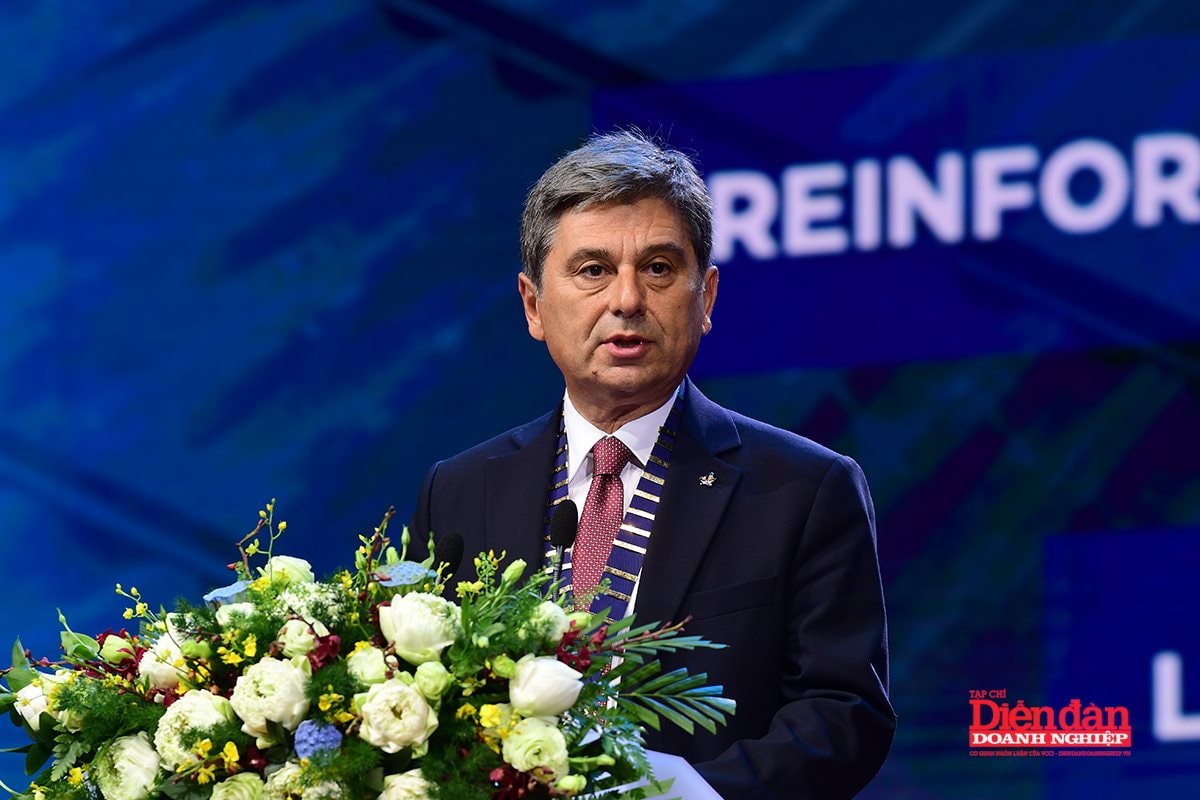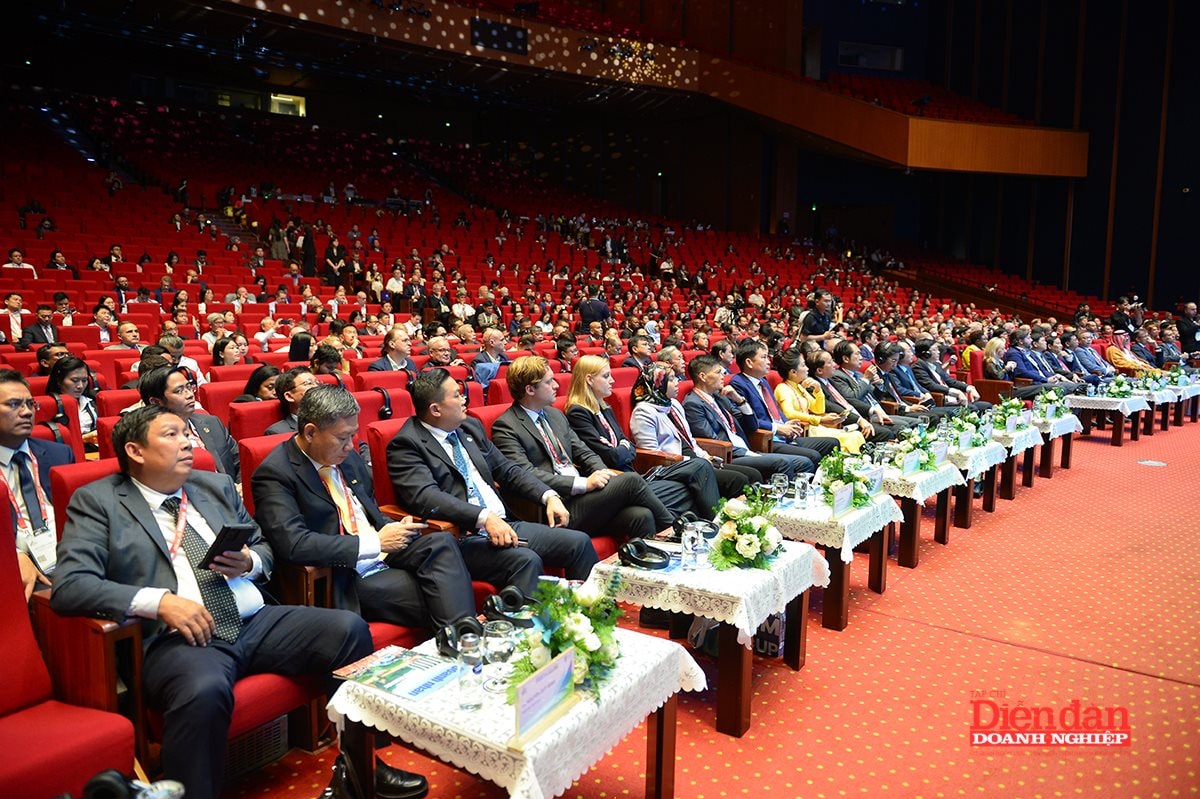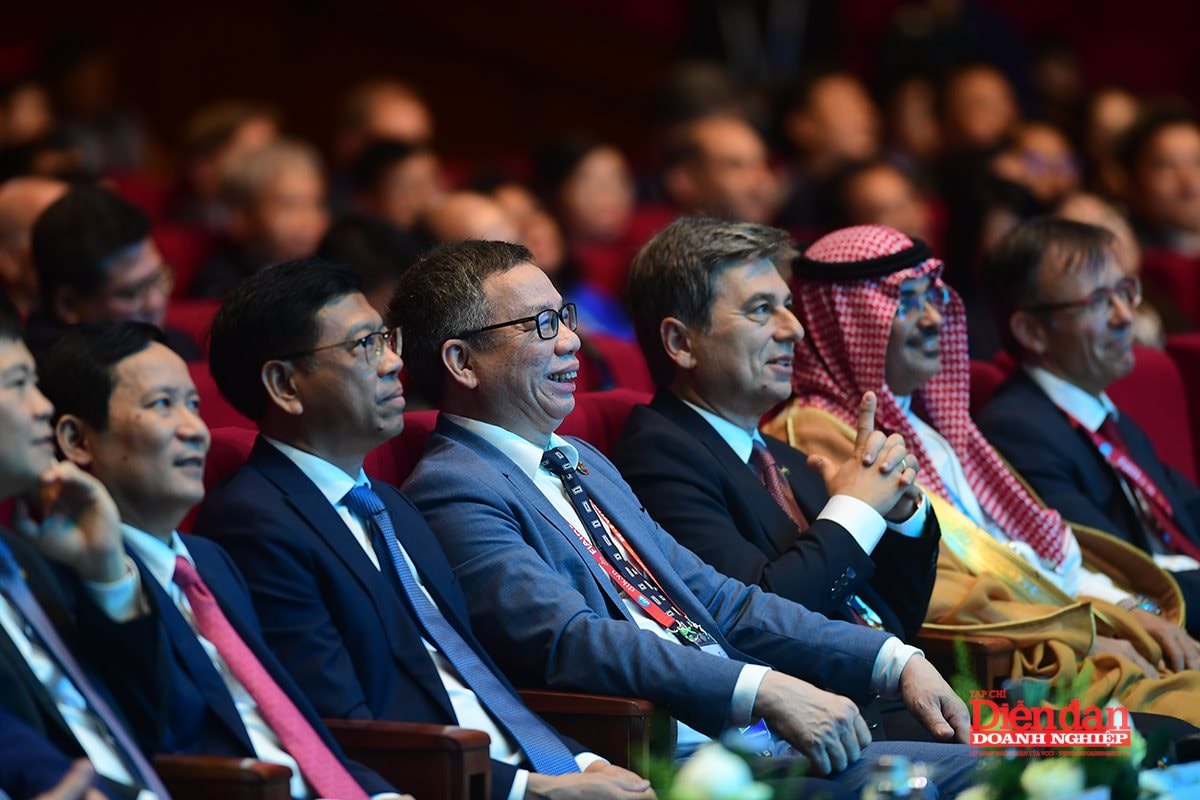FIATA World Congress 2025: A Shared Vision for the Future of Logistics
In his opening remarks at the FIATA World Congress 2025, Mr. Turgut Erkeskin, President of the International Federation of Freight Forwarders Associations (FIATA), emphasized that FIATA—an organization with a century-long history—has played a vital role in promoting the global logistics sector.
He noted that FIATA World Congress 2025 marks an important milestone in the organization’s growth, fostering stronger global connectivity within the logistics community.

Over the years, FIATA has advanced professionally with innovative progress and international connectivity, introducing new initiatives such as a mobile application that facilitates easier packaging and order management. The organization has also strengthened its push for electronic bills of lading (eBL) and expanded cooperation with multilateral institutions, including: The World Customs Organization (WCO), The World Trade Organization (WTO), The International Air Transport Association (IATA), The United Nations Economic and Social Commission for Asia and the Pacific (UNESCAP), The United Nations Economic Commission for Europe (UNECE), The International Chamber of Commerce (ICC).
“FIATA has also elevated standards and enhanced training through cooperation programmes,” Mr. Erkeskin stated. “We advocate for gender equality and align our efforts with the UN Sustainable Development Goals, particularly SDG 4 (Quality Education) and SDG 5 (Gender Equality).”
He added that he was particularly delighted that, for the first time, a number of women leaders had been nominated to FIATA’s Executive Board. “This is a significant milestone that underscores the role of women in advancing gender equality and proves that women can fully succeed in leadership positions within the freight forwarding and logistics industry,” he emphasized.

According to Mr. Erkeskin, FIATA will continue to promote global initiatives in port management and international transport alliances, while deepening digital transformation efforts—not limited to electronic bills of lading but extending to other supportive digital tools that help ensure smoother and more transparent logistics operations worldwide. He further stressed that achieving sustainable development requires a combination of solutions to strengthen the logistics sector’s role as a modern architect of global supply chains. Through key events and regional outreach, FIATA has worked to raise professional standards and foster greater interconnectivity among logistics regions across the world.
Mr. Erkeskin highlighted that FIATA World Congress 2025 marks a significant milestone in cooperation with Viet Nam. “I have had the honour of meeting the Prime Minister of Viet Nam twice, and at every occasion, he has shown strong support for the development of the logistics sector. This is why today, leading global logistics experts are gathered in Ha Noi—following the guidance and encouragement of the Prime Minister himself,” he said.

“In our vision to elevate logistics to a new height, Viet Nam stands out as an emerging logistics hub at the crossroads of major supply chains. The development of seaports and other infrastructure systems demonstrates Viet Nam’s effective integration and progress toward specific national goals”, said he.
He added that to further strengthen Viet Nam’s position in the global supply chain, multimodal approaches and regional collaboration, particularly with Asian partners, will be essential. FIATA is ready to support Viet Nam in accessing global supply chains, finance, and banking systems—thereby expanding its presence in international markets. “Together with domestic and international partners, especially the Viet Nam Logistics Business Association (VLA), FIATA commits to concrete actions to enhance the logistics sector’s role, strengthen capacities, and promote sustainable development—making business operations easier and more efficient,” he affirmed.
“FIATA World Congress 2025 is a key opportunity to rethink business models, measure the sector’s carbon footprint, and move toward net-zero logistics operations. It is also a platform to exchange knowledge and build a shared vision for the future of logistics. Let us take this time to connect more closely, learn from one another, and accelerate new ideas here in Ha Noi, Viet Nam. This event is a reminder that sustainable development must always go hand in hand with responsibility,” Mr. Erkeskin concluded.








